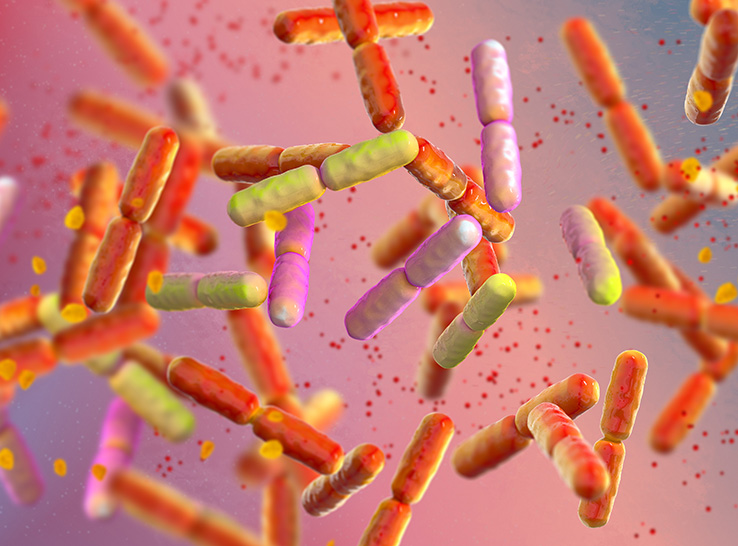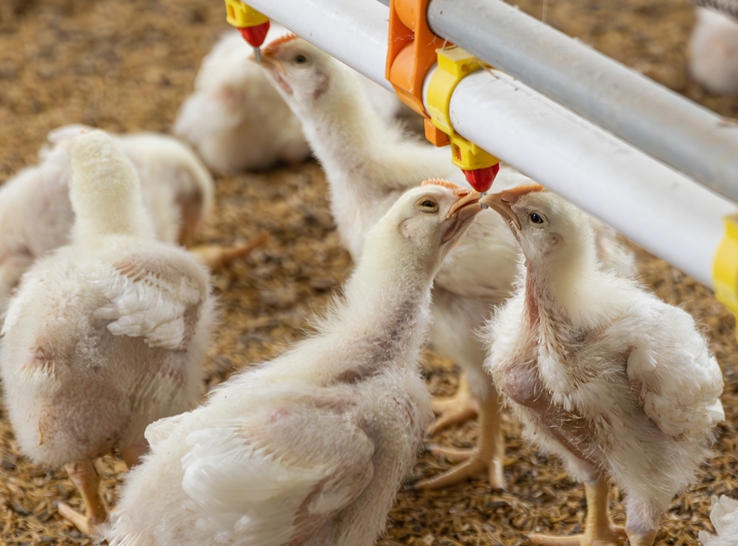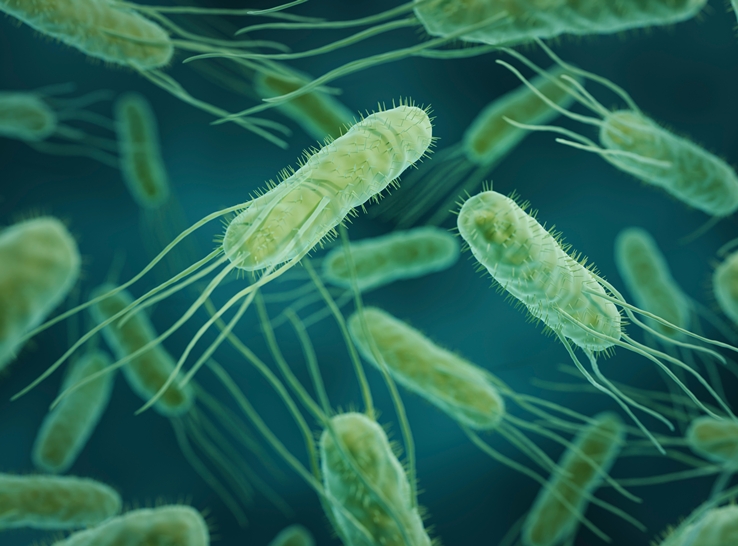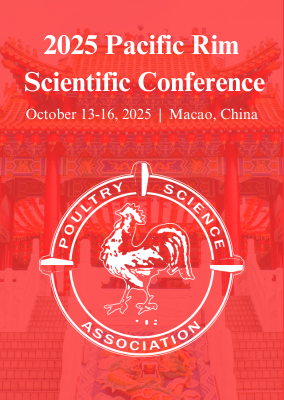Hens can positively influence the skin and respiratory tract microbiota of newly hatched chicks, according to a study published in Poultry Science.
Study findings underscore that early-life contact with hens is important in shaping a chick’s microbiota composition, potentially influencing the chick’s overall health and disease resistance.
Researchers from the Veterinary Research Institute in the Czech Republic compared the microbiota composition between chicks that had early contact with adult hens and those that did not, aiming to identify key differences and potential implications for poultry health.
Study design
The study included 30 1-week-old male ISA Brown chicks and three 45-week-old hens. It was conducted three times, with 10 chicks and one hen used each time.
The researchers equally divided the chicks into two main groups: contact and control. Each time the study was conducted, the contact group consisted of five chicks reared in a cage alongside one hen. The control group had five chicks reared under identical conditions but without hen contact.
After a week of observations, the researchers euthanized the chicks and hens. Next, they collected skin, trachea and cecal-content samples from each bird and froze the samples for microbiota analysis.
Microbiota differences
The researchers observed notable differences in microbiota between the contact and control groups. For example, compared to the control group, chicks in the contact group had higher levels of diverse Lactobacillus species in the skin and tracheal microbiota, suggesting that adult hens act as key contributors, or “donors,” of these beneficial bacteria.
Additionally, the chicks reared with the hens demonstrated an abundance of potential probiotic species, including Lactobacillus and Streptococcus pasteurianus, further emphasizing how chicks’ contact with hens positively impacts the chicks’ microbiota health.
The researchers mentioned recent studies on probiotic Lactobacillus. One of these studies reported that the bacteria, which is primarily intended for intestinal tract colonization, might enhance chicken resistance to respiratory disorders rather than intestinal infections. Another study conducted by the same research group found that Lactobacillus does not efficiently colonize the chicken intestinal tract and does not offer protection against Salmonella infections.
In the current study, the presence of Lactobacillus and S. pasteurianus in the contact-group microbiota suggests their potential as probiotics for respiratory tract colonization and protection.
Contact with hens also led to markedly reduced levels of potential pathogens, such as Clostridium perfringes, Escherichia. coli, Acinetobacter johnsonii and Proteus mirabilis, on the skin and in the trachea of contact chicks, highlighting a beneficial effect of adult hens on the skin and respiratory tract health of the chicks.
Practical implications
The researchers noted several key takeaways for producers:
- Understanding the importance of early-life contact between chicks and adult hens can guide developing management practices that promote such interactions, positively influencing chicks’ microbiota and overall health.
- Identifying specific beneficial bacterial species like Lactobacillus in chicks exposed to adult hens during their first week highlights their potential use as probiotics.
- Creating environments that encourage natural behaviors (e.g., natural pecking, foraging) and safe interactions between chicks and adults can positively impact chick health.
- Investing in early-life contact opportunities and probiotic supplements could improve chicks’ health and productivity, potentially offsetting the initial investment.
Future research directions
The study’s results open the door for future avenues of poultry microbiota research:
- Evaluating the mechanisms underlying the transfer of gut microbiota from adult hens to chicks to better understand how early-life interactions shape microbiota composition.
- Investigating how the altered microbiota composition in contact chicks influences their immune system development and response to different pathogens.
- Exploring the specific Lactobacillus species identified in contact chicks as potential probiotics to spur the development of targeted probiotics formulated to improve poultry health.
- Identifying the mechanisms through which contact with adult hens reduces the abundance of potential pathogens in contact chicks to develop strategies to enhance pathogen resistance in poultry.
- Studying the impact of environmental conditions on the chick-hen interactions and the environment’s effect on microbiota composition to help optimize poultry management practices.
The full paper, “Contact with adult hens affects the composition of skin and respiratory tract microbiota in newly hatched chicks,” can be found in Poultry Science and online here.
Editor’s note: Content on Modern Poultry’s Industry Insights pages is provided and/or commissioned by our sponsors, who assume full responsibility for its accuracy and compliance.








